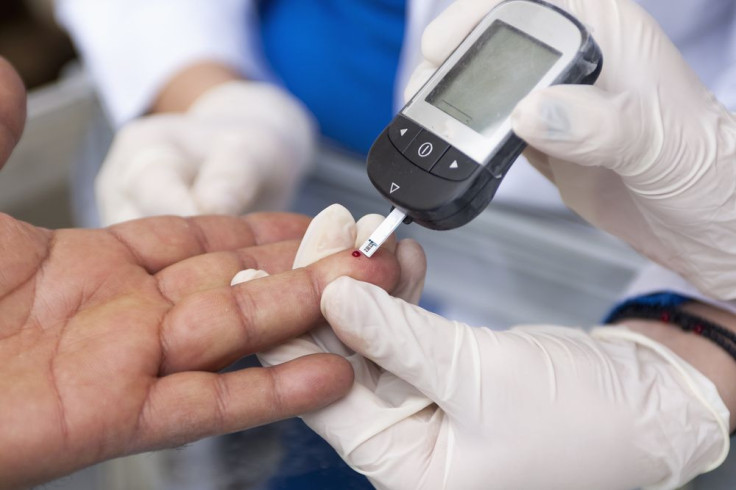Prediabetes Diagnosis Is Unnecessary, Doctors Say; But It Could Help People Control Their Blood Sugar

Telling patients they are prediabetic is a way for doctors to warn them about their risk of diabetes. Scientists are now discounting the prediabetic label, however, calling it unnecessary and unhelpful in a recent analysis published in the British Medical Journal. "Prediabetes is an artificial category with virtually zero clinical relevance," author John Yudkin, of University College London, told the BBC.
These researchers argue that only a very small percentage of prediabetic patients develop diabetes, and prescribing them diabetes medication isn't effective. "More people are being included in the medical category of prediabetes without the evidence that they are going to benefit from the interventions," Yudkin said. “There is no proven benefit of giving diabetes treatment drugs to people in this category before they develop diabetes, particularly since many of them would not go on to develop diabetes anyway."
Although these scientists discredit the idea of prediabetes, more people are being classified as at risk for diabetes or prediabetic. In the U.S., 35 percent of adults are considered to be prediabetic, according to the Centers For Disease Control And Prevention (CDC). Of them, 15 to 30 percent will make no effort to improve their health, which will eventually lead to the onset of type 2 diabetes.
In the UK, 18 million people are considered prediabetic. Barbara Young, chief executive of the British health care charity Diabetes UK, believes categorizing someone as prediabetic is very important in helping them lower their risk of developing type 2 diabetes. "Being identified as having prediabetes, borderline diabetes, or being at high risk provides an opportunity for those people who have a major chance of developing type 2 diabetes, a lifelong condition which is associated with extremely serious complications such as blindness and stroke, to walk away from it," Young said.
Diabetes UK recently reported that diabetes cases had risen to over 3.2 million in the UK, with most of them being type 2 diabetes. The charity says that more needs to be done to prevent people who are at risk of developing disabetes. Part of lowering that risk is awareness. Overall, being labeled prediabetic could potentially help patients be more cautious when choosing what they eat, while also inspiring them to be more active.
"Eating a healthy balanced diet, low in salt, sugar, and fat, and rich in fruit and vegetables, as well as being physically active, is the best way of reducing the risk of developing type 2 diabetes,” Young said.
Source: Yudkin J, Montori V. The epidemic of pre-diabetes: the medicine and the politics. BMJ. 2014.



























